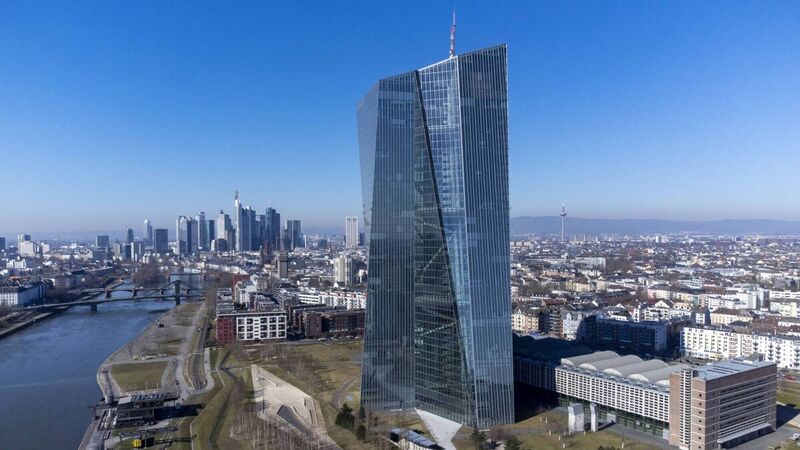ECB will continue to hike rates to slow inflation, Kazaks says

The euro-area economy grew slightly less than initially estimated in the second quarter as signs continue to emerge that momentum is unravelling. Picture: Alex Kraus/Bloomberg
The European Central Bank will continue to hike interest rates, according to Governing Council member Martins Kazaks.
“At the moment what we see is that that inflation is unacceptably high, in Latvia above 20%,” Kazaks said in an interview with Latvia’s TV3.














